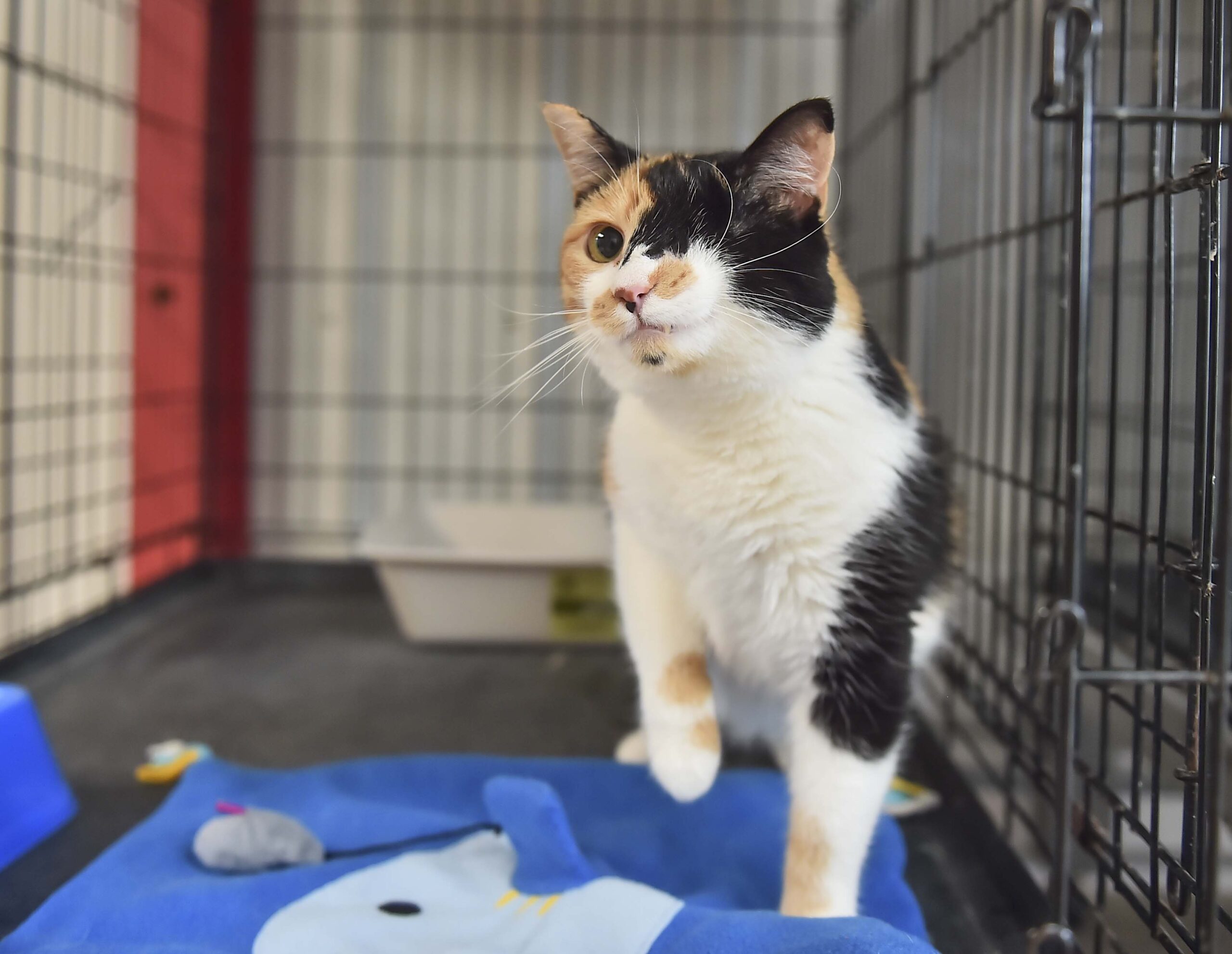Alyssa Shade and Carrie Curtis had been working together to rescue animals in north-central West Virginia for several years when an ongoing problem inspired them to make a change and start the Spay Neuter Incentive Program of West Virginia (SNIP WV).
The duo said one of the biggest problems local rescues and trap-neuter-return (TNR) groups have is getting spay and neuter appointments that are affordable and timely.
“Rescues in our area can drive almost two hours to get to a high-volume spay and neuter clinic,” Shade said.
Since COVID, the wait at local veterinarians has become longer than ever and Shade said some area rescues have to wait three months to put animals up for adoption because of the backlog. In addition, many cat colonies taken care of by local TNR groups are getting larger.
“One of the biggest things that made it more obvious to us was that the West Virginia Spay/Neuter Assistance Program through the Department of Agriculture started giving grants a few years ago,” Curtis said. “And what we found was all of the grant recipients in north-central West Virginia were having trouble using their grant funds because we either couldn’t get into vets or were having to drive two hours to Charleston.”
SNIP WV’s ultimate goal is to open the area’s first dedicated spay/neuter clinic. The duo said the only way to combat the homeless pet problem is by spaying and neutering.
The project is still in the fundraising and construction phase, but once completed, the dedicated clinic will provide expanded access to spay/neuter services and take the pressure off local private clinics who may already participate in other spay/neuter programs.
“We’ve already got a line of people, of rescues ready to bring their animals to us,” Curtis said.
The women said they are not quite ready to reveal the location or opening date of SNIP WV, but hope to start with 15-20 animals a day. The clinic will also offer wellness services like vaccines, combo testing, microchipping and nail trims for animals there for spay/neuter services.
“We hope to ramp up to 30-35 and in three years, maybe get up to 40 a day,” Curtis said. “Our five-year plan is to fix around 30,000 animals.”
Fees for services at the clinic haven’t been set in stone, but the women are hoping costs will be around a third of what a private vet charges.
The SNIP WV clinic will serve Monongalia, Preston and Marion counties but will not be limited to any specific area, and will see anyone in the area needing service.
Shade and Curtis said the organization will monitor shelter intake and euthanasia numbers in the area, as well as feedback from local rescues, to determine the effect the clinic has on the homeless animal population.
Curtis said it is important to know that the old-school belief that you had to wait until animals are 6 months old to spay or neuter is no longer true.
“Older anesthesia methods were a little more dangerous to pediatric patients but now there is a newer anesthesia,” she said. “Major spay clinics are spaying at 2 pounds, 2 months. And that is the recommendation.
“So I say don’t wait, get your animals spayed and neutered before an accident happens,” Curtis said. “Homeless pets you are feeding or can trap should be fixed as well.”
SNIP WV said to keep high quality, but low costs, the clinic will have both paid and volunteer staff. They are currently recruiting professional veterinary staff and looking for volunteers to help with cleaning, check in/out, and sitting with patients while they wake up from anesthesia.
Visit snipwv.org to learn more about the new organization and to donate to their important cause.
“We have the support of local vets, statewide vets, we’ve received grants from multiple organizations, the rescues are very supportive in wanting this to happen so it’s been a good experience so far,” Curtis said. “We’re all kind of in it together.”
TWEET @DominionPostWV




